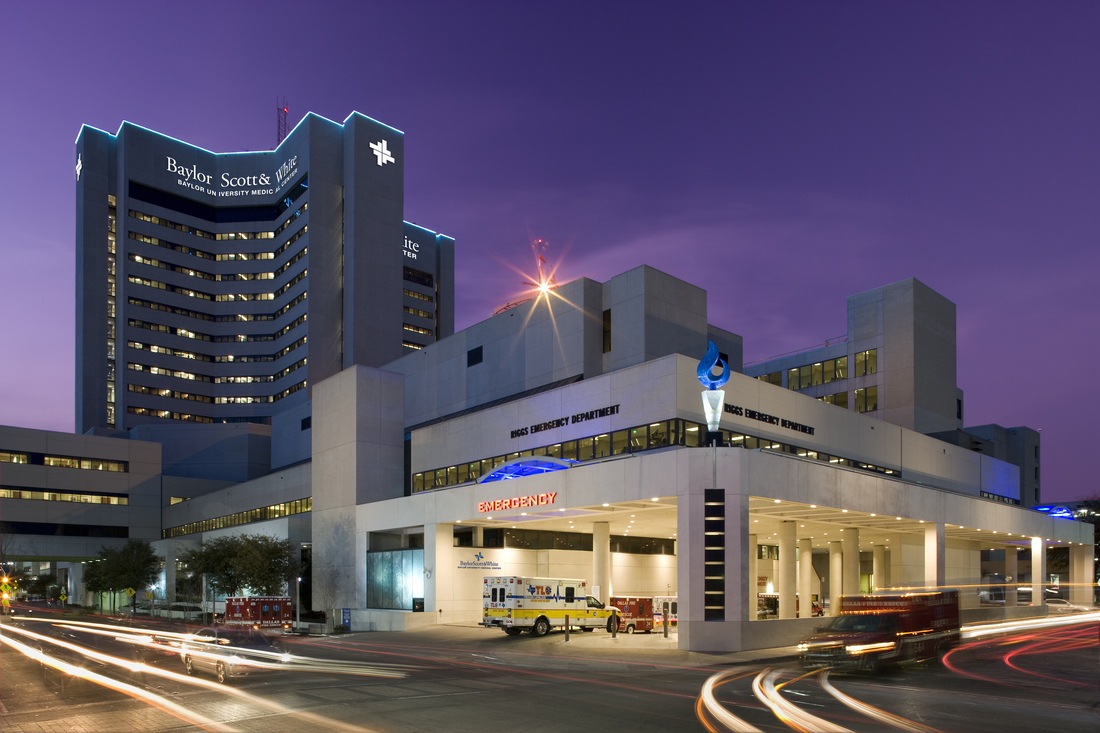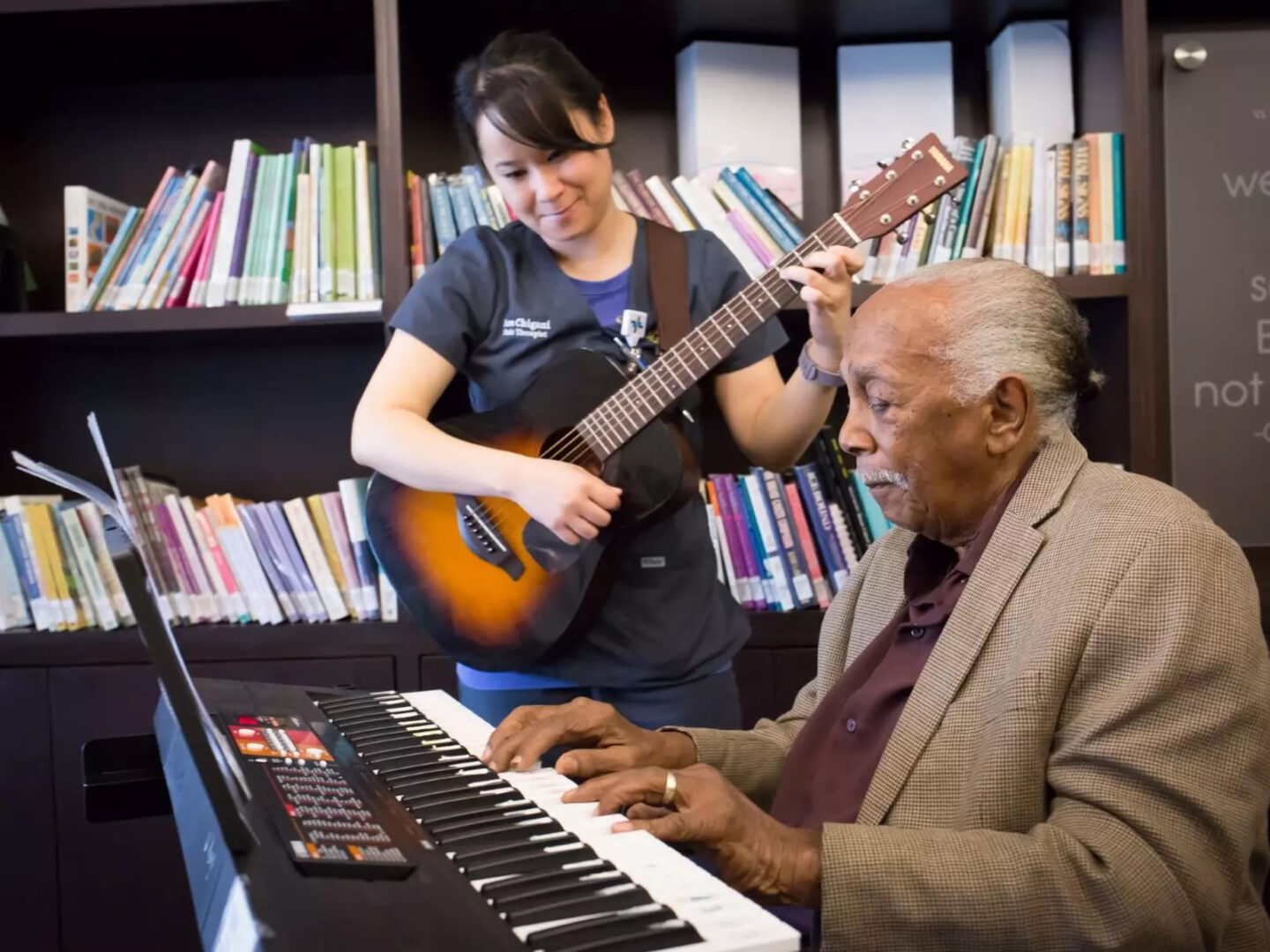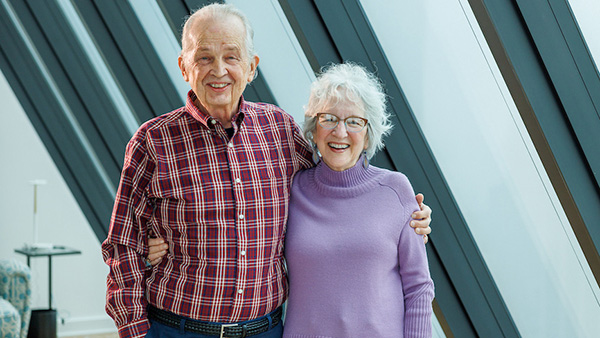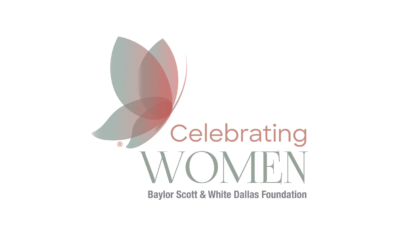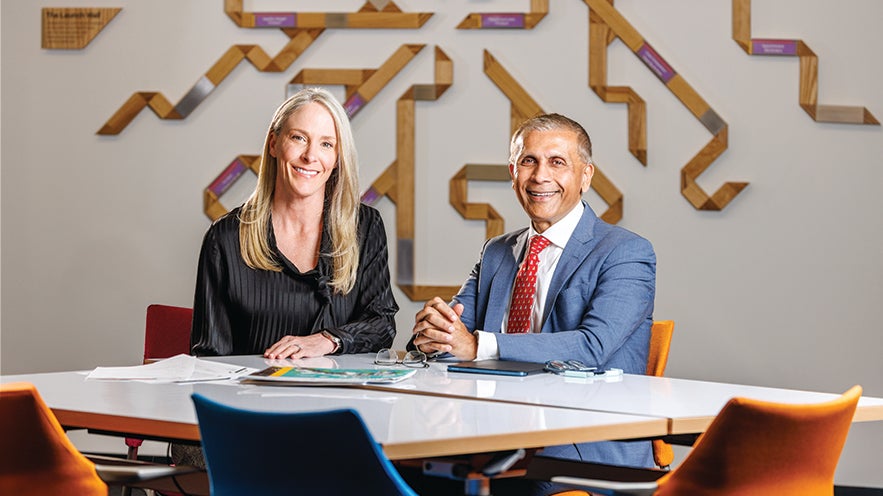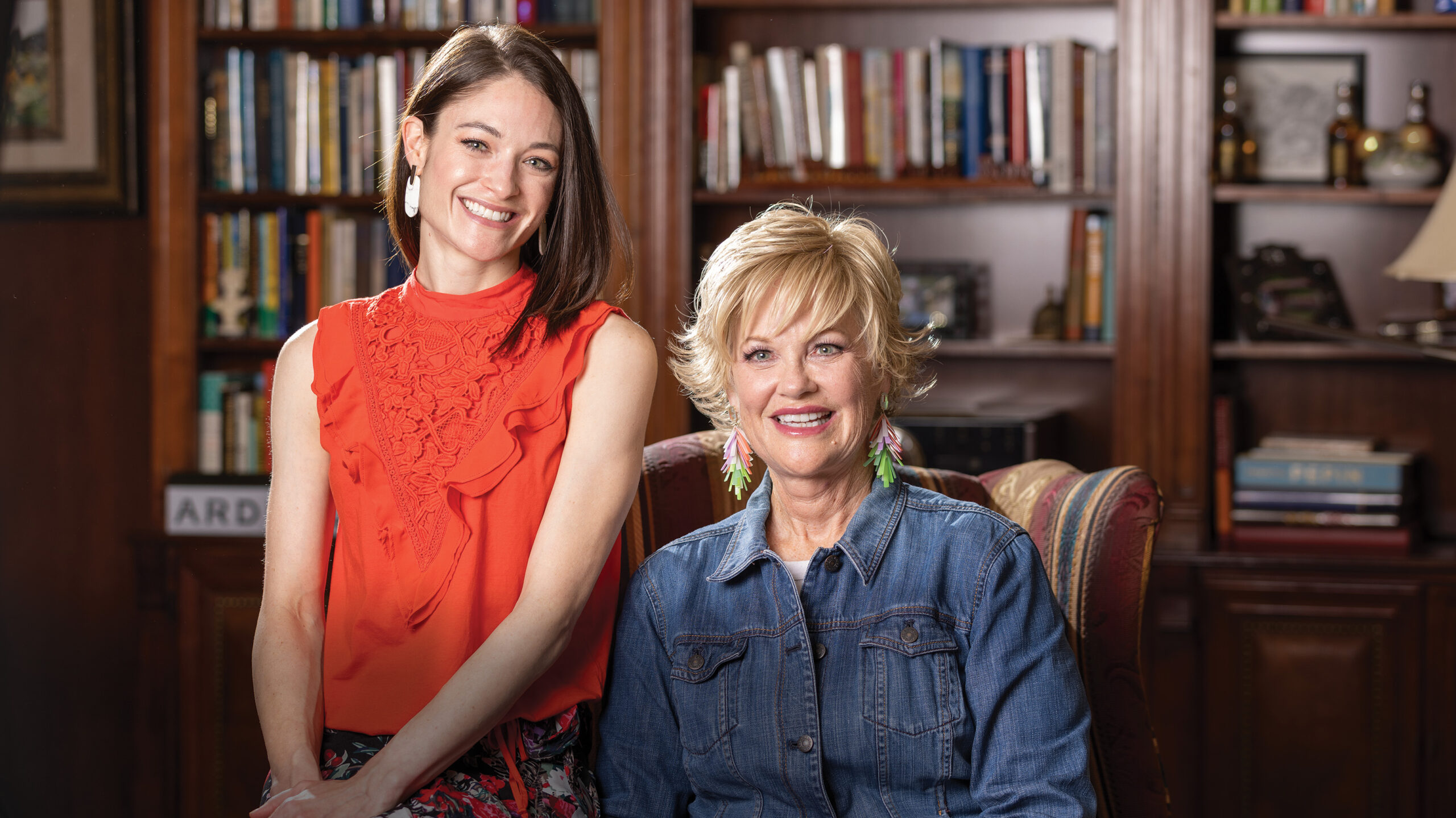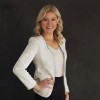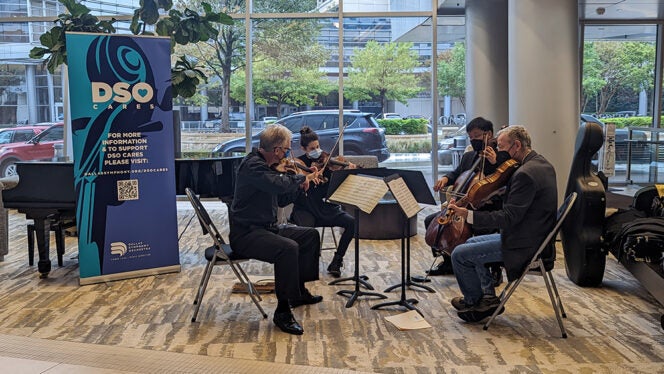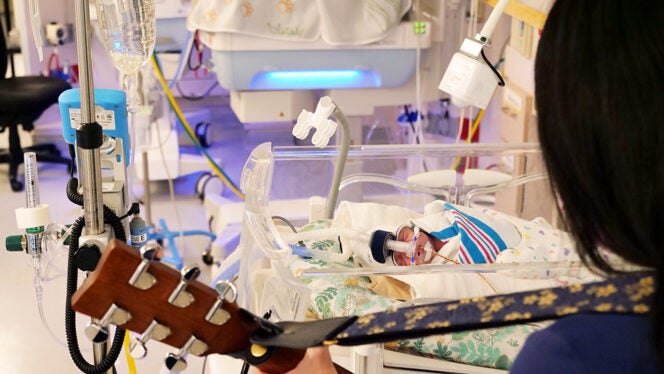High-Risk Breast Screening Program empowers women to take charge of their health.
Kathleen McAdams was by her mom Ruth’s side as she waged her battle with breast cancer, first with surgical removal of the cancer and then chemotherapy and radiation. The treatment, though successful, was difficult. “It was hard for me to watch her go through that and what it did to her body,” Kathleen remembered.
After mentioning her mother’s diagnosis to her own gynecologist, Kathleen was referred to a specialist in breast oncology, who put Kathleen in touch with the Baylor Scott & White Health High-Risk Breast Screening Program. Through this program, Kathleen had access to information about her own risk as calculated by a combination of family history and genetic testing.
Generous philanthropic support from Celebrating Women helped launch the High-Risk Breast Screening Program in 2020, and ongoing support has helped expand the program across North Texas, with plans to open the 14th location this fall. To date, the program has helped identify more than 5,125 women who were at high risk for breast cancer and were otherwise unaware. Once enrolled in the program, patients then work closely with a dedicated nurse navigator to determine best next steps, including additional screenings, genetic counseling and a personalized monitoring plan—with the goal of identifying any breast cancer at its earliest and most treatable stage.
Based on a variety of data-driven factors, women are considered at high risk for breast cancer if their score is over 20%. Because Kathleen’s risk was calculated to be over 33%, it was recommended that she get a mammogram and a breast MRI every six months. Armed with that specific information, Kathleen made the decision to have a prophylactic double mastectomy
and significantly reduce the risk for breast cancer to wreak havoc on her own life. It was the cellular processes associated with cancer that kept occupying her thoughts.
“With my background and knowledge of cancer and how it works, how it spreads, I can picture those things happening and it was hard for me to not think about,” Kathleen, a biologist and technical content creator, explained.
The expertise available to her through the program was invaluable, Kathleen said, and working with her nurse navigator, she was able to thoroughly understand and vet the options available to her after understanding her risk.
“Knowledge is power. It’s their decision, but I’m here to support them and guide them in next steps once they process that information,” shared Aimee Lanier, RN, an oncology-certified nurse who is also certified in breast care nursing. Lanier is a nurse navigator and manager in the program.
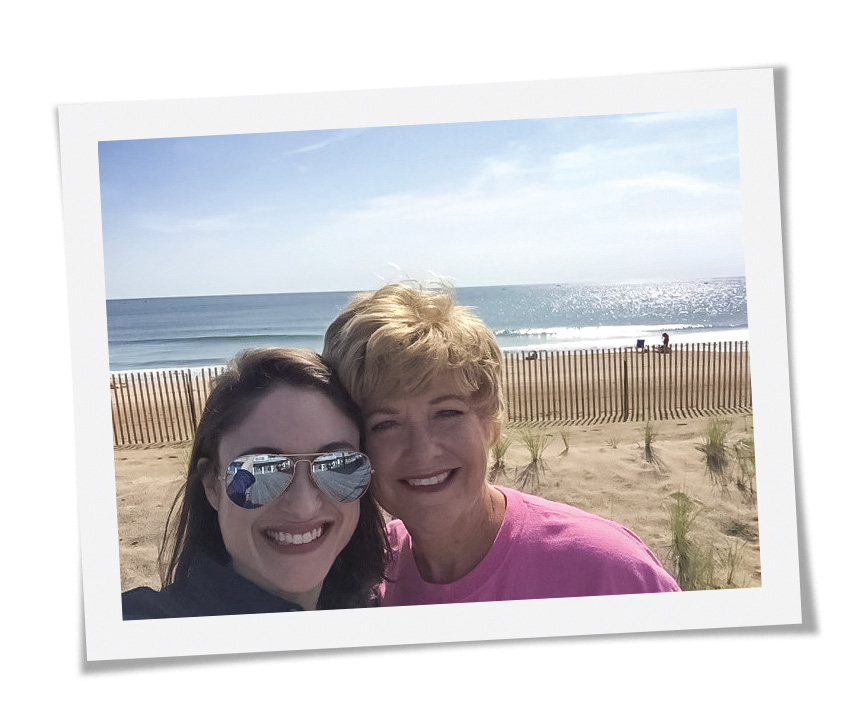
Kathleen’s decision to have a double mastectomy was “peace of mind,” she said, after receiving and understanding the information specific to her own risk. The surgery was something she believed her body would more easily adapt to at her young age of 36 rather than fight a battle later, as her mother had done. While it was difficult for Ruth to watch her daughter undergo a mastectomy—just as it had been challenging for Kathleen to watch her mother recover from surgery—both women believe Kathleen’s decision was the right one for her.
Kathleen wrote her master’s thesis on a type of breast cancer, has taught biology and anatomy and physiology, and has attended medical school. “Even with my background and the knowledge that I have, this program even helps someone like me understand my risk and my options. I really appreciated that the high-risk breast program exists, and have appreciated the support nurse Aimee was able to give me along the way.”
For more information, contact
